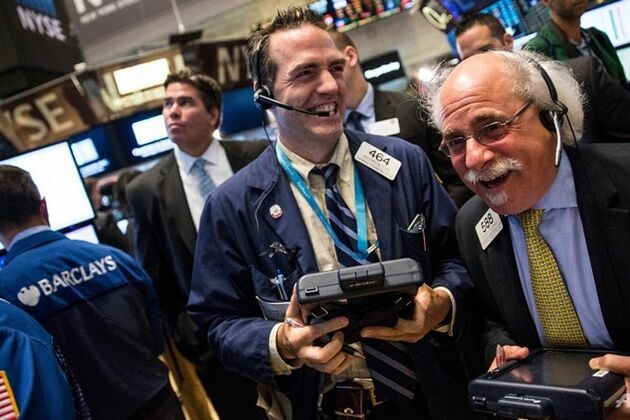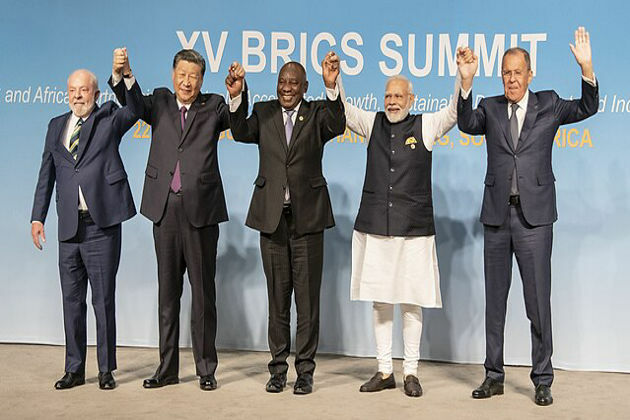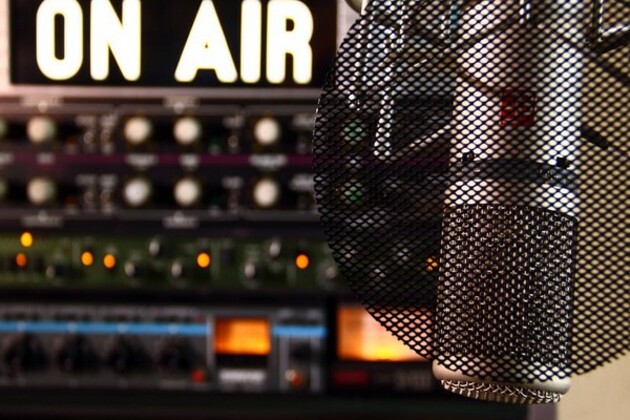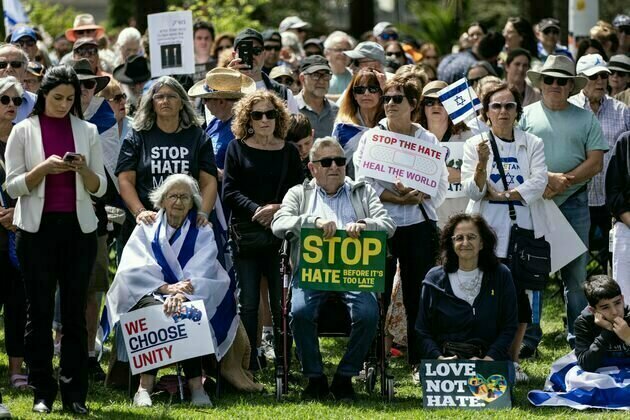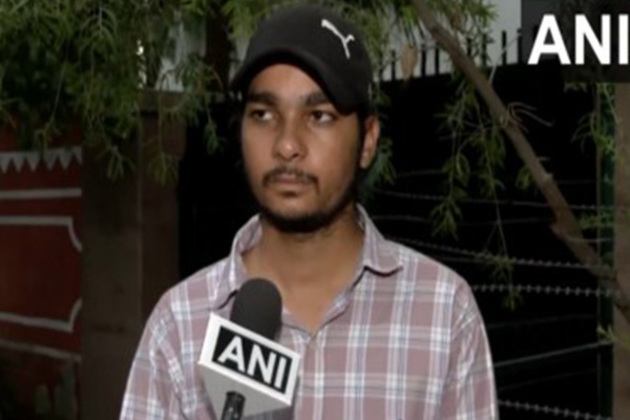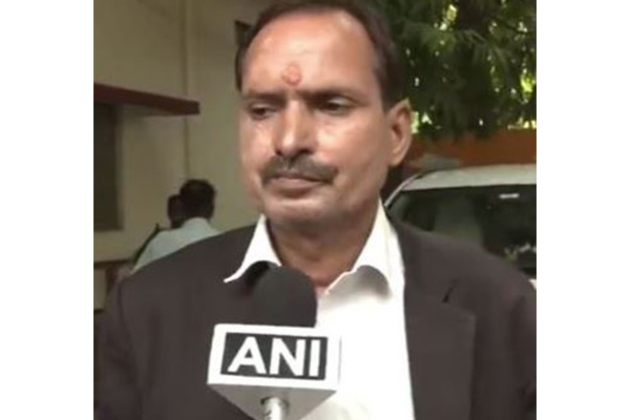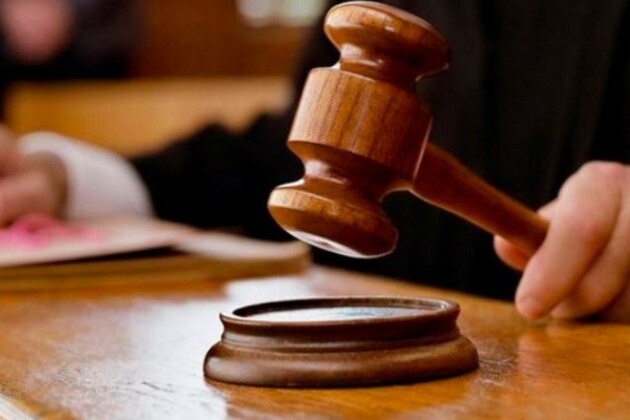What makes a state a state? Why places like Kosovo live in limbo
The Conversation
05 Aug 2020, 18:12 GMT+10
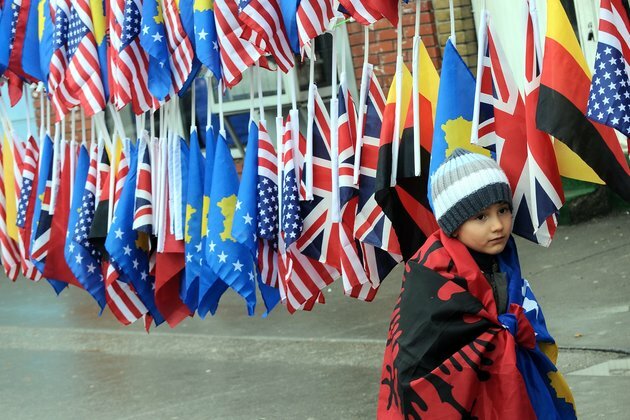
If we look at a map, the world appears neatly organised into a patchwork of states. They are clearly named and have clear borders. Yet, a closer looks reveals a much more complicated picture. Across the globe, groups are in various stages of claiming and gaining independence and recognition. As recent controversy surrounding Palestine's place in Google and Apple navigation tools shows, the map is far from finished.
Take Kosovo, which declared independence in 2008 having separated from Serbia following a devastating war in the late 1990s and the dissolution of Yugoslavia. More than 20 years after the war - and a decade since the declaration - Kosovo's statehood continues to divide politicians and the public alike. Recently, Dua Lipa, the famous singer born in London to parents who left Kosovo during the 1990s, sparked controversy when she tweeted a map of "greater Albania" that included Kosovo.
Separating from another sovereign is the default way in which states are born. This is what the independence movement in Scotland seeks to do. It is also how the United States became independent in 1776 and, according to their declaration, "absolved from all Allegiance to the British Crown". The pacific island of Bougainville last year voted in favour of separation from Papua New Guinea paving the way to what is predicted to be a long road towards independence.
While managing to claim control of a territory and its people from a previous sovereign is important, being internationally recognised as the sovereign of that area is also crucial for functioning like other states.
The value of recognition becomes apparent when we look at the way in which the status of states is often based on their participation in internationally recognised families of states, such as the United Nations. South Sudan, which declared independence in 2011, is seen by many as the youngest state in the world, because it is the most recent state accepted into the UN. Other declarations of independence since then, such as that of Donetsk and Lugansk in Eastern Ukraine in 2014 or Catalonia in 2017 have been ignored internationally and so are not considered to have resulted in new states.
But not everything is black and white. Unlike what many might think, Kosovo's declaration of independence in 2008 is not recognised by almost half of the UN's members. Crucially, these countries include China and Russia, which are on the UN Security Council and can effectively veto any membership. And yet, Kosovo is a member of the World Bank, the IMF, UEFA and FIFA. It also made a joyous debut at the Rio Olympics. For years - and in order to boost its statehood credentials - Kosovo has been trying to join the Eurovision song contest, but it is blocked by Serbia, which is already a member of the European Broadcasting Union - the organiser of the event.
Kosovo is not the only state that seems in a state of limbo. Palestine is also only an observer to the UN, despite being recognised by the majority of the members, as well as being part of other international organisations such as the Arab League. Taiwan is not fully recognised, despite being one of the world's leading economies. This lack of recognition often creates important problems. For example, the fact that Taiwan is not a member of the World Health Organisation because of its lack of recognition meant that the island was not able share with others potentially valuable knowledge at the early stages of the pandemic.
Kosovo has also had to face a recent trend of states withdrawing their recognition, following an orchestrated effort by Serbia which still refuses to recognise its former province as an independent state. There was a brief diplomatic crisis when the Czech president, Milos Zeman, suggested that his country might do the same. Serbia has also successfully lobbied against Kosovo's membership of UNESCO and Interpol.
This tactic is being used by several states that see independence movements as undermining their sovereignty. China has used its diplomatic clout to convince states tode-recognise Taiwan. Morocco makes trade deals with other states on the condition they de-recognise the Sahrawi Arab Democratic Republic in Western Sahara, which Morocco considers as part of its territory.
This trend of de-recognition illustrates very well that what we think of as sovereignty is neither static nor absolute. People in places such as Palestine are halfway to having control of their territories. Some, like Kosovo, have one foot in the international system and one foot out. But, at the same time, independence struggles - such as those in Scotland or Bougainville - or competitions over who has more recognition - like those between Kosovo and Serbia or Taiwan and China - show that sovereignty, a buzzword for politicians, continues to be a prize worth fighting for. It is what defines our world of states and who gets to be a member of it.
Authors: George Kyris - Lecturer in International and European Politics, University of Birmingham | Agon Demjaha - Associate Professor of Political Sciences and International Relations, State University of Tetova 
 Share
Share
 Tweet
Tweet
 Share
Share
 Flip
Flip
 Email
Email
Watch latest videos
Subscribe and Follow
Get a daily dose of Broadcast Communications news through our daily email, its complimentary and keeps you fully up to date with world and business news as well.
News RELEASES
Publish news of your business, community or sports group, personnel appointments, major event and more by submitting a news release to Broadcast Communications.
More InformationBusiness
SectionGold ETF inflows hit 5-year high as tariffs drive safe-haven bets
LONDON, U.K.: Physically backed gold exchange-traded funds recorded their most significant semi-annual inflow since the first half...
PwC: Copper shortages may disrupt 32 percent of chip output by 2035
AMSTERDAM, Netherlands: Some 32 percent of global semiconductor production could face climate change-related copper supply disruptions...
U.S. stocks recover after Trump-tariffs-induced slump
NEW YORK, New York - U.S. stocks rebounded Tuesday with all the major indices gaining ground. Markets in the UK, Europe and Canada...
Stocks slide as Trump unveils 25% tariffs on Japan, S. Korea
NEW YORK CITY, New York: Financial markets kicked off the week on a cautious note as President Donald Trump rolled out a fresh round...
BRICS issues rebuke on trade and Iran, avoids direct US criticism
RIO DE JANEIRO, Brazil: At a two-day summit over the weekend, the BRICS bloc of emerging economies issued a joint declaration condemning...
BP appoints ex-Shell finance chief Simon Henry to board
LONDON, U.K.: This week, BP appointed Simon Henry, former Shell finance chief, to its board as a non-executive director effective September...
Sectors - Broadcasting
SectionAmazon adds Kevin Harlan, analysts to NBA broadcasts
(Photo credit: Mark J. Rebilas-Imagn Images) Amazon Prime Video has hired veteran broadcaster Kevin Harlan to call NBA games during...
J-K: Indian Army launches Radio Kangan 88.4 FM in Ganderbal to connect, empower local youth
Ganderbal (Srinagar) [India], July 10 (ANI): The Indian Army launched Radio Kangan 88.4 FM in Wussan, Ganderbal, Central Kashmir, to...
The special envoy's antisemitism plan is ambitious, but fails to reckon with the hardest questions
On July 6, an arson attack targeted the East Melbourne Synagogue. It was the latest in a series of antisemitic incidents recorded across...
"Movie against terrorist mindset...not against any community or religion": Kanhaiya Lal's son on Udaipur Files
New Delhi [India], July 9 (ANI): Amid a controversy over the Udaipur Files movie, based on the 2022 murder of tailor Kanhaiya Lal in...
Varanasi: Gyanvapi Sangharsh Samiti demands 'Udaipur Files' film to be tax-free
Varanasi (Uttar Pradesh) [India], July 9 (ANI): The Gyanvapi Sangharsh Samiti in Uttar Pradesh's Varanasi, which includes the female...
Delhi HC orders pre-release screening of 'Udaipur Files' amid communal tension concerns
New Delhi [India], July 9 (ANI): The Delhi High Court on Wednesday directed a special screening of the controversial film 'Udaipur...



